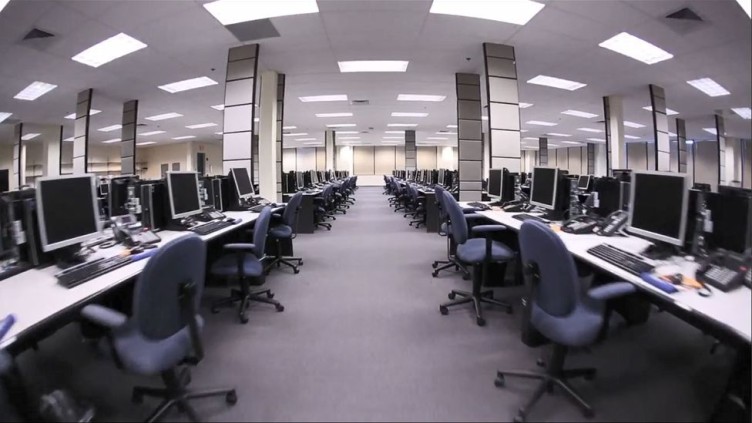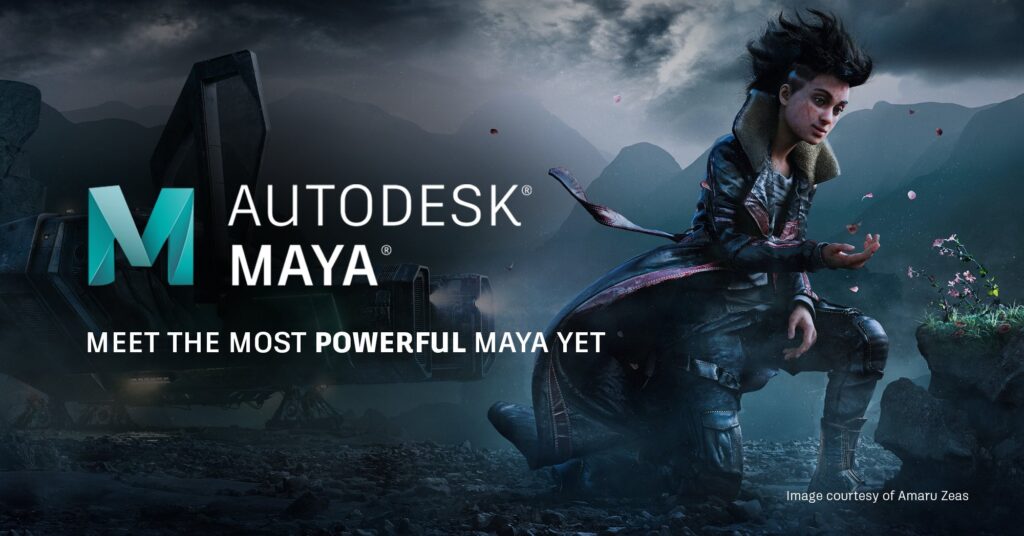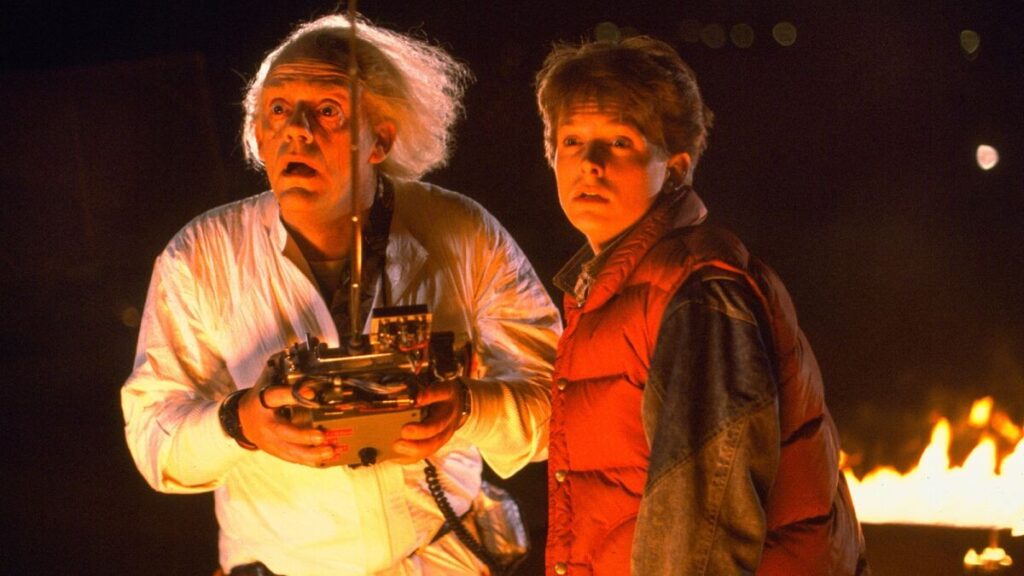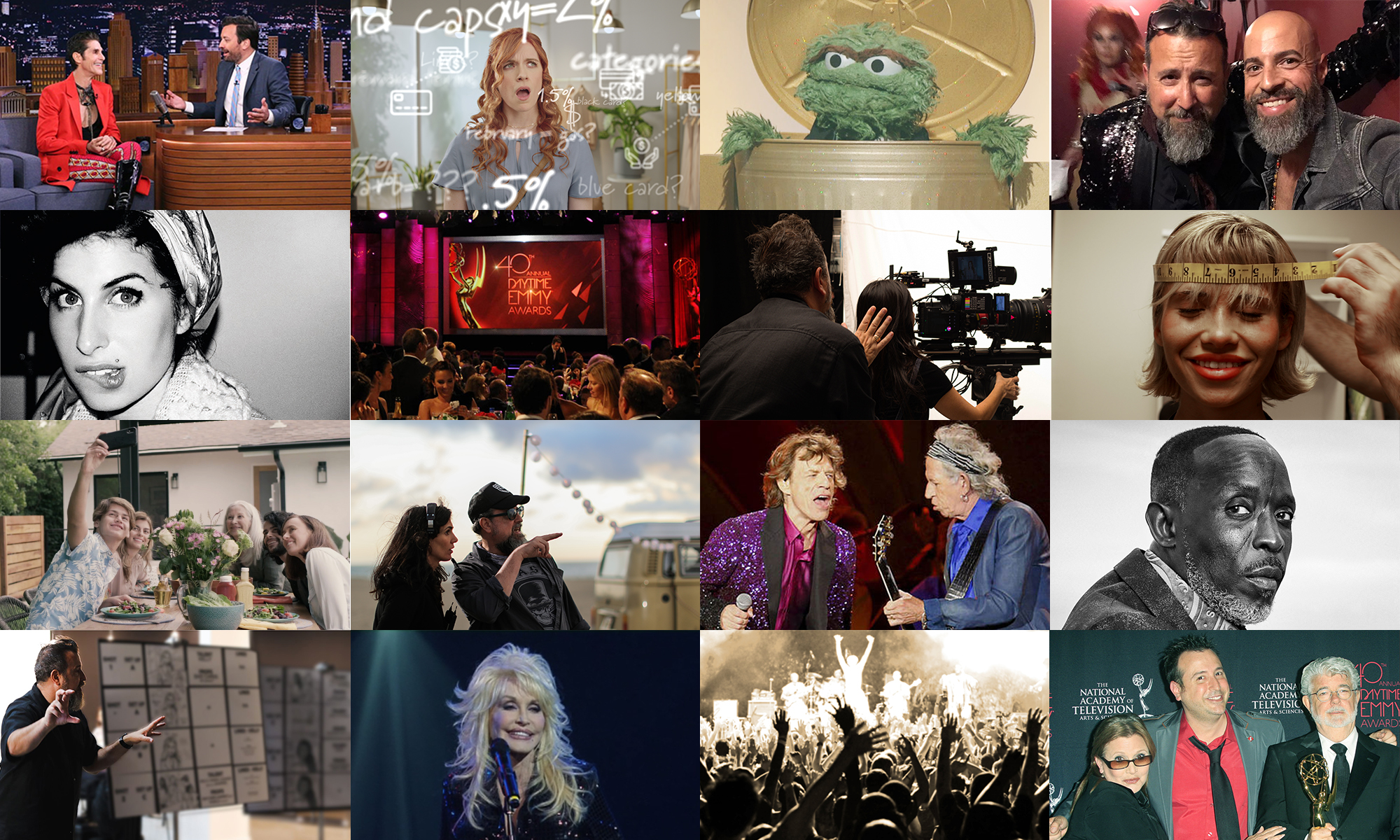
Original post appeared on Gabriel’s May 19th ‘Content, Music + Media’ newsletter on Linkedin
In 5 out of 5 of my last production bids, the client asked about AI. Now they didn’t come right out and say it… but it felt like they were thinking “Doesn’t AI basically just make your commercials for you?”
Six questions answered by an industry leader
Not yet. But the recent AI media-frenzy certainly has many-a-marketer thinking this is the case. Aside from AI having a great press agent in its own right, this bean-counter perception is also fueled by a perfect storm of media coverage focusing on endless corporate layoffs, recession predictions, bank failures… and now the writers’ strike. So regardless of AI advancements, the continued downward pressure on commercial production budgets is real. But that’s not to say AI is positioned to replace commercial production as we know it.
In terms of commercial production, Post and VFX seem to be leading the AI charge. So I caught up with a long-time colleague and post-innovator Lucien Harriot of Mechanism Digital in New York City to better understand what’s going on. And possibly ease some concerns.
Btw… Lucien has been president of post and effects house Mechanism Digital since 1996 (which is a thousand VFX years) producing award-winning visual effects, animation, and new media for films, television, and marketing. And long before AI was a buzzword, Lucien has been leveraging AI technologies and advanced workflows for content production. So let’s get into it.
Question 1: Hiring Impact
BBC reported that AI will very likely eliminate 300 Million Jobs. And The Guardian reported that it expects AI to widen the wealth gap. That all sounds pretty doom and gloom. In the real life day-to-day of post production and visual effects, do you really view AI as just another tool… or do you see it as a movement which will inevitably decrease the number of people you hire?

Lucien: AI has definitely improved our efficiency when it comes to the software we use, streamlining our work and making things more efficient. This means we can achieve better, faster, and cheaper results. If there’s enough demand in the industry, our studio could take on more projects. However, if we can’t double our workload, we likely won’t be hiring new people. This may impact newcomers more, while benefiting experienced professionals since we need more experts to oversee VFX, animation, and post-production. AI is excellent at handling many tasks, particularly the simpler ones, but it still requires the guidance of someone with a discerning eye to ensure everything is on the right track. The cost reductions that come with AI-powered efficiencies might give us a competitive advantage. But it’s important to keep in mind that other studios will probably adopt similar technologies, which would level the playing field once again. So while AI is undoubtedly a valuable tool, it may also lead to hiring fewer people, especially at the entry-level, as the industry continues to evolve.
Question 2: Which Tools Do You Use?
Of all the VFX and post-production AI tools that you’ve been exposed to over the past six months, which specific AI tool do you expect to use as product offering for your clients most?
Lucien: Over the past six months, we’ve seen impressive advancements in VFX and post-production AI tools. Rotoscoping, keying, and tracking have shown significant improvements. Audio cleanup tools have become more efficient and user-friendly, while voice-over technology is now suitable for scratch tracks and speaking legal copy. ChatGPT has been particularly helpful in solving technical issues by offering suggestions when troubleshooting software errors. Additionally, we’ve been able to breakdown and get cost estimates for VFX shots in feature film scripts, which used to be a time-consuming process when bidding on new projects. Although the above tasks require a seasoned expert to guide the process, these tools hold great potential as cost reductions and added value for our clients.
Question 3: Who does AI best in post?
There are quite a few players in post. Which better-known post production platforms have the most interesting AI integrations and plug-ins thus far? What are they?

Lucien: Among the well-known post-production platforms, our primary 3D software, Maya, has gained a few interesting AI integrations that generate textures, backgrounds and dynamic scene generation. It’s important to note that these tools are currently being developed by users, which allows for faster innovation compared to waiting for Autodesk to develop new features. RunwayML is another promising software, offering a collection of browser-based editing and post-production tools. These include object removal from moving video and AI-generated text-to-image/video tools. While the quality of these tools may not yet be suitable for feature films, they do provide accessible options for consumers and less critical video projects, such as corporate, educational, and late-night talk shows. This democratization of tools has the potential to benefit a wider range of users and clients. Another interesting change we are seeing is most AI solutions are web-based which makes them available to a broad range of people since a good amount of post-production work no longer requires high performance workstations.
Question 4: Pick One
A, B, or C: You can only pick one (a) I expect that AI tools will grow my efficiencies and current offerings which will drive my VFX and Post income up. (b) I expect that AI tools will drive my VFX and Post income down (c) I don’t see AI impacting my VFX and Post income for the foreseeable future.
Lucien:I believe that AI will likely drive the overall gross income of our VFX and Post business down, as we’ll probably reduce prices thanks to the new efficiencies but will also need to remain competitive against others who are also cutting their costs and prices.
However, I anticipate seeing an increase in our profits, at least in the short term, assuming prices won’t drop drastically right away. One advantage I see with our current setup is that we have been entirely cloud-based these past three years and no longer have the substantial capital investment that we did during the first twenty-five years of our business. Although cloud computing can be more expensive than purchasing hardware, the flexibility it offers can lead to considerable cost savings. As new AI tools become increasingly cloud-friendly, we can further benefit from their adaptability and integration into our workflows.
Question 5: If You Could Go Back In Time
Of all your memorable projects over the years… which project had a significant production challenge (be specific) that would have been a lot easier if you had access to a current AI tool that wasn’t available then. Details would be very cool.

Lucien: There are two projects that come to mind, which would have been considerably easier with the help of current AI tools. The first was a music video where we had to create an effect showing a woman’s face gradually becoming more bruised from domestic violence while she sang to the camera. With today’s neural style transfer tools, we could have effortlessly applied this effect to the subtle contours of her face while her face was in motion singing. The second project was a blue-jeans commercial which was accidentally filmed against a blue screen, which required manual rotoscoping for every frame. Modern AI techniques can now recognize people and objects based on their shapes, much like humans do, rather than relying solely on a single color for background replacement. This technology has the potential to replace traditional blue and green screen keying in the future, making tasks like these much more manageable and even reducing production costs and concerns.
Question 6: What else?
For readers to better understand the potential real-life impact of AI on Visual Effects and Post Production… what question do you wish I had asked?
Lucien: An interesting question you could have asked is what other technology from the past has had as significant an impact as AI. My answer would be, not just in post-production, but across all industries. In my opinion, AI will influence our world to the same extent as the invention of the wheel or the harnessing of electricity. The changes brought on by AI will be profoundly transformative, and I think we’re just beginning to grasp the extent of its potential. Until recently our intelligence set us apart from other living organisms on this planet, along with our opposable thumbs, of course. While AI might not be a living organism and may not technically possess “intelligence,” it can simulate intelligence so effectively that we can’t tell the difference. As AI continues to evolve at a rapid pace, it will eventually replace the need for most humans who are paid for their thinking or reasoning skills. AI’s strength lies in its ability to access information from around the world, connecting the dots to solve problems. The outcome could be a utopia where nobody has to work or a sci-fi horror movie scenario with revolutions and uprisings, I guess we’ll just have to wait and see. At least we’ll still have our opposable thumbs!
Well… here’s to our opposable thumbs. Following Lucien’s lead, I personally believe that the biggest AI advancements to come might be in industries like residential plumbing. AI can pass the bar exam… but it’s unlikely that it will soon be able to climb under your sink to replace a pipe. So I believe traditionally manual trades will greatly increase in value as the result of AI pushing many white collar trades out of relevance. So here’s to our future plumbers and their very useful opposable thumbs.
Big thank you to Lucien Harriot and Mechanism Digital for sharing his insightful POV on things to come in Post and VFX thanks to AI. You can check out their work at the link below.
Hey producers… you should invite Lucien to bid on your next project!
Until next time, remember… message over data. And likes don’t mean they’re actually gonna buy a ticket. TTFN.
-Gabriel


